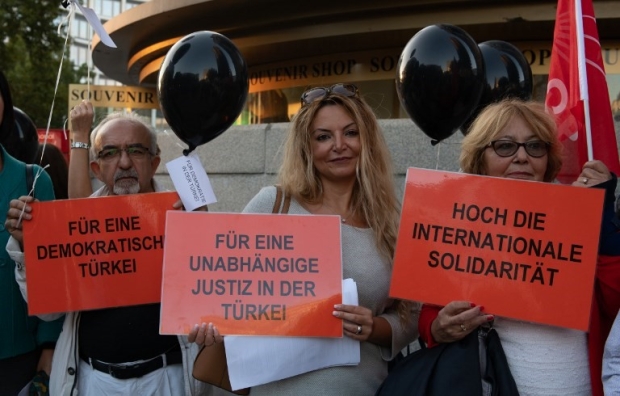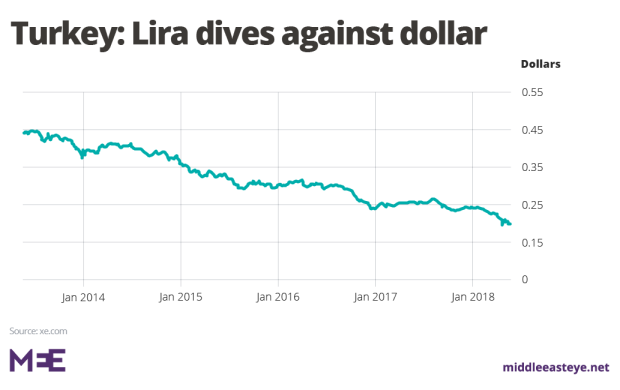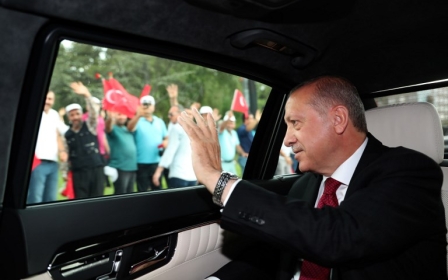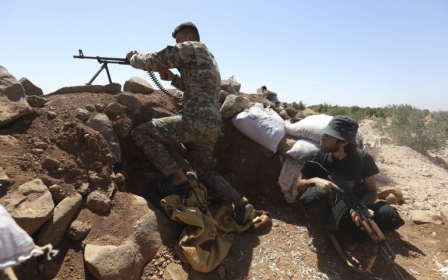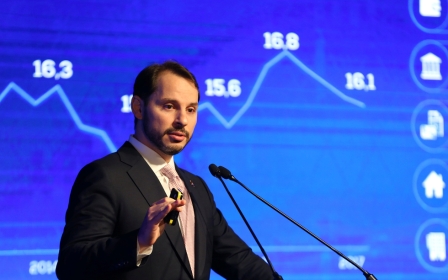Erdogan in Berlin: A chance to mend bridges after EU-Turkey rift
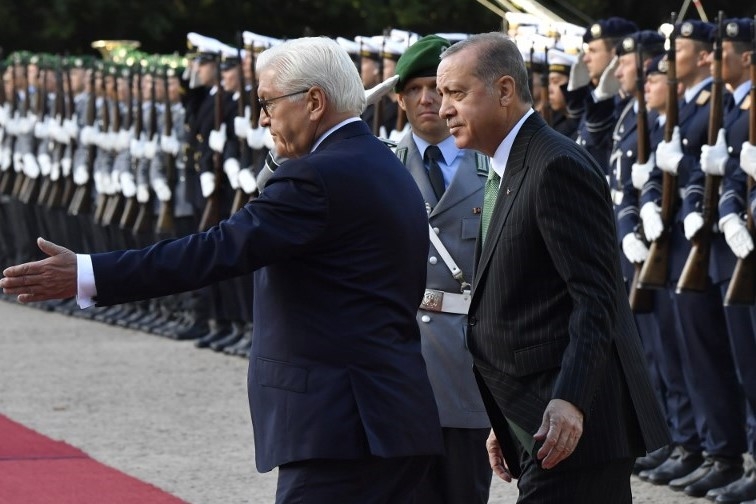
During the cold war era, Turkey lost several chances. Under a block-shaped international order and a smaller Europe, it would have been easier then for Turkey to integrate into the EU with its relatively small size. Instead, Turkey managed to enter NATO and the alliance worked well for all parties, from containing the Soviets to post-9/11 operations in Afghanistan.
At times, Turkey took bigger risks than it gained from the alliance. However, NATO's security umbrella was important for Turkey and it was a net contributor to Europe's security.
EU-Turkey: Working together
Despite the fluctuating membership talks between Turkey and EU to join the European club, there's no foreseeable hope for a positive result. The final test for relations between Turkey and Europe was the migration crisis in the Aegean region. Unimagined cooperation between Turkey’s then-Ahmet Davutoglu's government and the EU, led by the Germans, brought an end to the refugee flow to Europe.
The EU-Turkey refugee agreement is still valid and functioning, though Turkey didn't get all that it expected from it, i.e visa liberalisation. The deal, nonetheless, proved that if both parties were willing - and able - to act together, they could manage to achieve common goals and, indeed, they still have many common agendas in the region.
Donald Trump's aggressive American patriotism, which opposes multilateralism, was once again outlined in his speech at the UN General Assembly, and was a follow-up to his tough stance against European members of NATO.
This patriotism, however, is pushing Turkey and Germany closer. Europe's search for an alternative way to continue trade with Iran echoed Turkey's concerns on the same matter; using alternative currencies in foreign trade rather than the US dollar is a cause Turkish President Recep Tayyib Erdogan has been promoting for many years.
Donald Trump's aggressive American patriotism, which opposes multilateralism, is pushing Turkey and Germany closer
It's worth pointing out here that Washington has - until recently - always been the most important champion of Turkey's membership bid to the European Union. Whenever EU-Turkey membership negotiations were locked, transatlantic influence worked in favour of Turkey. It was the result of the US rule-based, multilateral world order, which Trump is now tearing down.
Ending a bilateral rift
On Friday, President Erdogan embarks on an official "state visit" to Germany at the invitation of the German President Frank-Walter Steinmeier. This visit is taking place after a long period of bilateral rift between Berlin and Ankara.
During election periods in both countries, it's common to hear discussions about Turkey in Germany and about Germany in Turkey. There were several issues raised by Ankara including the rise in xenophobic sentiments and Germany's hosting in 2016 of FETO members, the organisation behind the 15 July coup attempt against Erdogan's government.
Berlin also had concerns about press freedom in Turkey, democracy, and the rule of law. Berlin, which accused Turkey of undermining democracy, didn't let Erdogan address Turkish voters based in Germany during the last elections, even through videoconferences.
Turkey's rapprochement is not with the European Union but with European countries
Prior to Erdogan's visit, both Erdogan and Merkel's spokespersons issued courtesy statements. In a gesture of goodwill, Erdogan wrote an article for German paper FAZ saying "let's focus on common risks" and calling for a common stance against Trump’s unilateralism. On Saturday, Chancellor Angela Merkel will be hosting Erdogan at breakfast as a follow up to Friday's official talks. This is a rare occurance.
A pragmatic Turkey
It’s open to debate how Germany's coalition government can go further in its opposition against Turkey. Turkey has clearly showed how pragmatic it can be when - for example - the Turkish-German journalist, Deniz Yucel, who had been jailed in Turkey for a year, was released right before then prime minister Binali Yildirim's visit to Germany in February.
Again, it's true that Turkey is not in a very strong position in light of its recent economic turmoil, however, keeping Turkey's economy afloat serves European interests, especially Germany's, more than anyone else.
In 2017, Germany was Turkey's second biggest importer - after China - with $21bn worth of imports. A sharp decline in the Turkish economy will have a negative impact on the German economy as well.Migration is always a hot topic for the German public. Turkey is the key actor to control and manage the refugee flow from the Middle East. The recent Turkish-Russian deal over Syria's Idlib proved once more Ankara’s leverage on the matter.
EU-Turkey membership negotiations, which were the main point of contention between Ankara and Berlin, are not a priority issue during this visit. Turkey's rapprochement is not with the European Union but with European countries. Moreover Germany perceives Turkey not as a candidate country rather as an important geopolitical player. The absence of Turkey’s support leaves Europe alone in the region.
Turkey and Germany are both looking for alternative ways to balance security and economic risks in the region in the Trump era. Turkey needs urgent support for its current budget deficit and shrinking economy. Germany realises that the Turkish public is standing behind Erdogan and they need to learn to do business with him. Erdogan managed to visit Berlin without changing his general position and policies.
The talks, gestures and handshakes will be important today, but we will see whether one flower will bring a longer warm spell amid the strong autumn winds.
- Osman Sert is research director at the Ankara Institute, Turkey. He was diplomatic reporter for Kanal 7, CNN Turk and Jerusalem bureau chief of TRT. He served as press advisor to Ahmet Davutoglu, minister of foreign affairs (2009-2014) and prime minister (2014-2016) of Turkey.
The views expressed in this article belong to the author and do not necessarily reflect the editorial policy of Middle East Eye.
Photo: German President Frank-Walter Steinmeier (L) and Turkish President Recep Tayyip Erdogan review an honour guard at the presidential Bellevue castle on 28 September, 2018 in Berlin (AFP)
Middle East Eye propose une couverture et une analyse indépendantes et incomparables du Moyen-Orient, de l’Afrique du Nord et d’autres régions du monde. Pour en savoir plus sur la reprise de ce contenu et les frais qui s’appliquent, veuillez remplir ce formulaire [en anglais]. Pour en savoir plus sur MEE, cliquez ici [en anglais].



